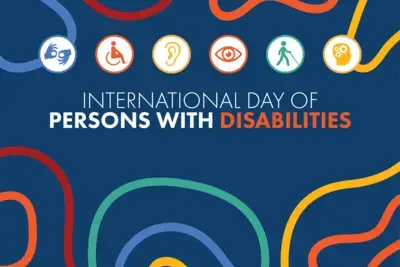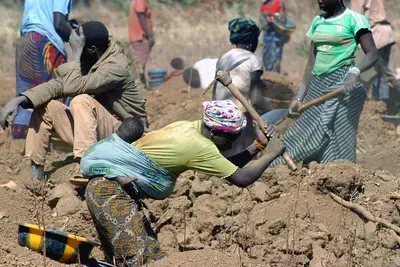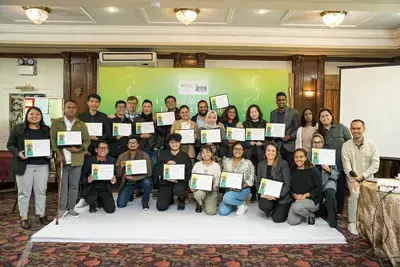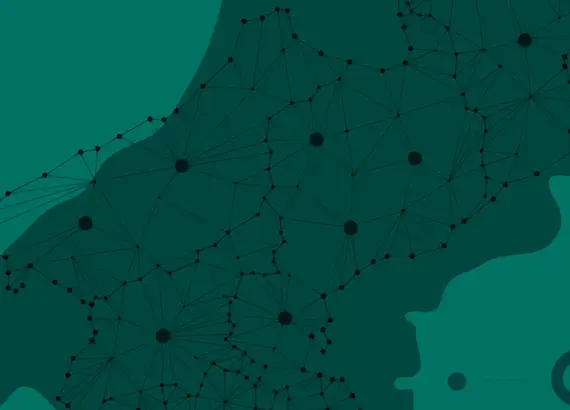
Success Story
NDI partner explores North Korean crimes against humanity; lays groundwork for eventual transitional justice
North Korea receives significant international attention for the nuclear threat it poses to international security, for its uniquely closed nature, and for the severity and scale of human rights violations perpetrated by the regime. North Korean defectors have fled their home country to escape political prison, torture and/or starvation, and their stories have painted a picture of severe, widespread human rights abuses.
North Korean defectors have fled their home country to escape political prison, torture and/or starvation, and their stories have painted a picture of severe, widespread human rights abuses.
Last week, the Washington Post and New York Times covered the groundbreaking efforts of an NDI-supported South Korean nonprofit organization – the Transitional Justice Working Group (TJWG) – to document North Korean human rights violations in its latest report Mapping Crimes Against Humanity in North Korea. Based on interviews with 375 former residents of North Korea currently residing in South Korea, TJWG used GIS mapping technology to identify mass killings and burial sites to substantiate claims of human rights abuses taking place in the North. Amassing this evidence – through information technology, forensic science and victim interviews – is critical to holding human rights abusers accountable and to promoting peace and reconciliation in the aftermath of political transitions.
Our approach is to make transitional justice a holistic term that includes holding perpetrators responsible, not as revenge, but as a means for reconciliation within society. Without transitional justice in society where horrific human rights abuses have taken place, grudges would build and most likely descend into disorder.
- Younghwan Lee, TJWG Founder & Executive Director
NDI works globally to empower communities with the tools they need to address political transitions. For the past three years, NDI has helped TJWG to globalize its understanding of transitional justice by learning from other countries and to educate domestic and international stakeholders about the need to collect evidence of human rights violations that lay the groundwork for justice in the event of a political transition in the North. The evidence that groups like TJWG have produced helps to bolster defector testimony and build a stronger case for holding the regime accountable.
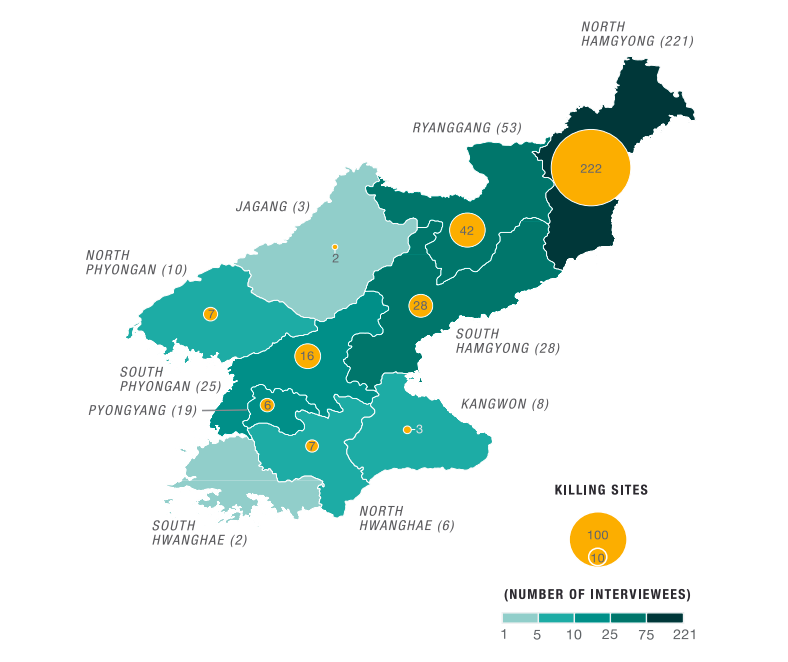
Map 4 from TJWG's Report: Suspected Killing Sites by Province. Where did interviewees live — and what did they report?
"[I]t is crucial that [North Korean] voices be heard. Transitional justice ensures that our voices are heard beyond mere emotional appeals and as a legitimate and functional tool for justice."
– North Korean defector and TJWG lead researcher Sehyek Oh
Though much of TJWG’s work takes a long term view, its efforts are also aimed as much at the present as they are for the future. As Lee told NDI, “[T]he scientific data we amass and publish in international media is also [sending a] message...to the North Korean regime that they are being watched by the outside world, and that international actors that come into contact with our work may apply pressure toward the regime to become more accountable for their actions.”
Ultimately, the concept of transitional justice is about putting North Koreans first. As North Korean defector and TJWG lead researcher Sehyek Oh expressed, "[I]t is crucial that [North Korean] voices be heard. Transitional justice ensures that our voices are heard beyond mere emotional appeals and as a legitimate and functional tool for justice."
